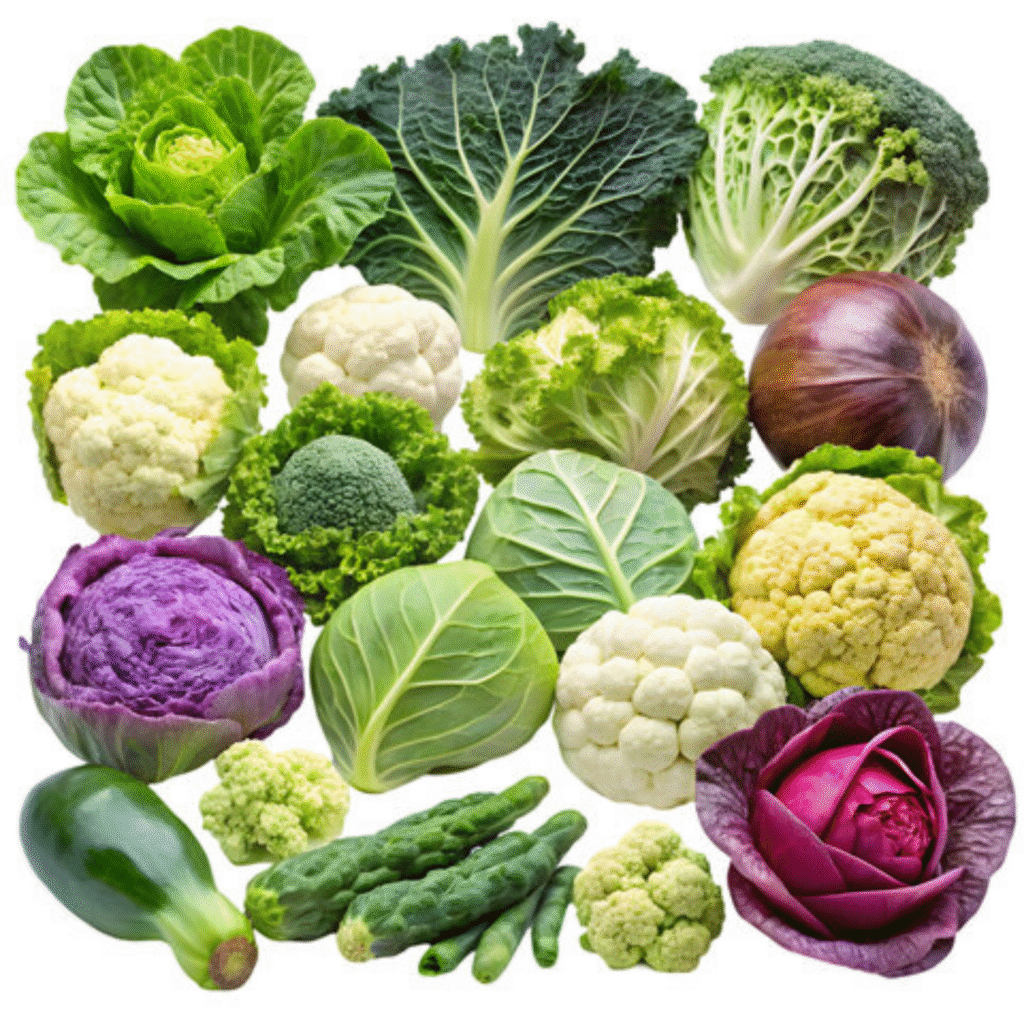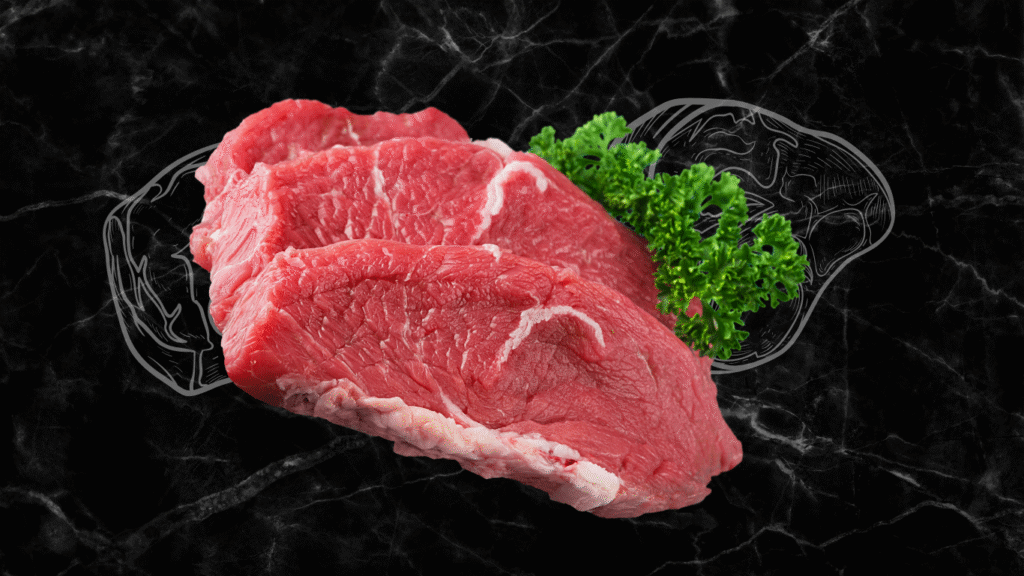Nobody wants to be the person who walks into a room and leaves behind… a scent. While most of us blame post-workout sweat or an old T-shirt for unwanted body odor, your diet could actually be the undercover culprit.
Nope, it’s not just garlic and onions doing the damage.
A wave of viral conversations around things like “Ozempic smell” and “old people smell” has reignited our curiosity about the science behind body scent. From TikTok chatter to dermatologist videos, it’s clear: people are sniffing out new ways to understand (and manage) how they smell.
But what if your favorite “healthy” or comforting meal is what’s secretly making you less-than-fresh? According to nutritional experts and researchers, certain foods can literally alter how your body smells — and not always in a good way.
Here’s what the science says, and how you can eat smarter to stay fresher.
1. Fishy Business: Seafood’s Surprising Side Effect

You know the smell that lingers after pan-frying salmon? For some people, that smell follows them everywhere. This has everything to do with a compound called trimethylamine, which can be released through your skin and breath after eating certain fish.
In most cases, your body handles choline (a nutrient found in fish) just fine. But in rare instances—think 1 in 300,000—people may have a condition known as trimethylaminuria, which prevents the body from breaking down trimethylamine. The result? A distinct and hard-to-ignore fishy odor, no matter how many showers you take.
Dr. Sofia Lang, a metabolic health researcher based in Boston, notes:
“For individuals with this condition, the odor isn’t from poor hygiene—it’s biochemical. But even for those without the disorder, heavy consumption of choline-rich fish like tuna can cause mild body scent changes.”
The good news? Unless you’re genetically predisposed, your favorite sushi dinner is probably not the main issue. Still, if you’ve noticed a strange shift in scent after seafood, consider swapping in plant-based omega-3s now and then.
2. Cruciferous Veggies: The Smelly Side of Healthy Eating

Yes, vegetables are great for you. But cruciferous ones like broccoli, cauliflower, cabbage, and Brussels sprouts come with a… bouquet. These veggies are high in sulfur-containing compounds, which break down into hydrogen sulfide—aka the same chemical that gives rotten eggs their unmistakable stink.
According to a study published in the Journal of Nutrition & Metabolism, sulfuric compounds from cruciferous vegetables can intensify body odor when they interact with skin bacteria. It’s a perfect storm: the sulfur leaves your bloodstream via sweat, meets bacteria on your skin, and voila—that smell.
Dr. Marcus Rayner, a clinical nutritionist and gut health expert, explains:
“These vegetables support detoxification and are fantastic for gut health, but if you’re noticing odor changes after eating them, moderation and preparation methods can make a difference.”
Steaming instead of frying, or pairing them with neutralizing foods like parsley or lemon, can help reduce the stink factor.
3. Red Meat: Delicious but Potentially Funky

If you’ve ever done a “meatless Monday” and felt strangely… fresher, you’re not imagining things. Red meat can affect body odor more than many realize.
Here’s the science: When red meat is digested, it leaves behind protein residues that exit through your sweat. These proteins are odorless at first, but when they mix with the bacteria on your skin, they can turn rancid—literally.
One controlled study from the Chemical Senses journal found that participants who avoided red meat for two weeks were rated as having “more pleasant and attractive” body odor by blind-sniffing volunteers (yes, that’s a real study).
Dr. Alana Rivera, a registered dietitian, advises:
“You don’t have to give up red meat entirely, but eating it every day can have noticeable effects—especially if you’re not hydrating well or sweating often.”
If you’re concerned, try spacing out your steak nights or choosing leaner cuts, which produce fewer odor-producing byproducts.
4. Spices That Linger Longer Than You’d Like

Spices are a gift to your taste buds—but some don’t just stay in the kitchen. Curry, cumin, fenugreek, and even garlic-based seasoning blends contain volatile oils that enter your bloodstream and can be excreted through your skin, breath, and sweat.
Think of it like natural perfume—except you may not want to smell like tikka masala during a job interview.
A study in The International Journal of Cosmetic Science found that high intake of certain spices can alter the microbial makeup of sweat, which affects how strong or pungent your scent becomes.
While this isn’t a reason to stop enjoying flavor (life’s too short for bland food), experts suggest paying attention to how your body reacts. Every person’s scent signature is different—your body chemistry, hydration, hormones, and hygiene all play a part.
Fresh Fixes: How to Balance Your Diet and Your Scent
If reading this makes you want to throw out your spice rack and veggie drawer—don’t panic. Most of these foods only affect body odor in excess or under specific genetic conditions. Plus, there are easy ways to support a fresher internal ecosystem.
Here’s what helps:
- Stay hydrated: Water helps flush odor-causing toxins.
- Eat odor-neutralizing foods: Apples, parsley, green tea, and leafy greens are known to help minimize scent.
- Support your gut: A healthy microbiome equals less funky fermentation. Probiotic foods like yogurt and kefir are your friends.
- Focus on fiber: High-fiber foods help your body detox naturally and reduce waste build-up.
- Personal hygiene: Obvious but essential—use antibacterial soap and wear breathable clothing, especially in summer.
Dr. Rivera adds,
“Think of your body odor as a signal, not a flaw. It’s often your body’s way of communicating what’s going on inside. A few mindful food swaps can make a big difference.”
The Bottom Line
Smelling great isn’t just about perfume or deodorant—it starts in the kitchen. While everyone’s body reacts differently, tuning into how food influences your scent can help you feel more confident, clean, and balanced.
So go ahead, love your Brussels sprouts and enjoy your salmon—but maybe keep a mint handy and drink that extra glass of water. Your body (and your co-workers) will thank you.
Share this with a friend who needs to read it. Because smelling good is self-care too. 🧼🍋👃💅
Let me know if you’d like a visual Instagram carousel or Reel script to go with this post!






